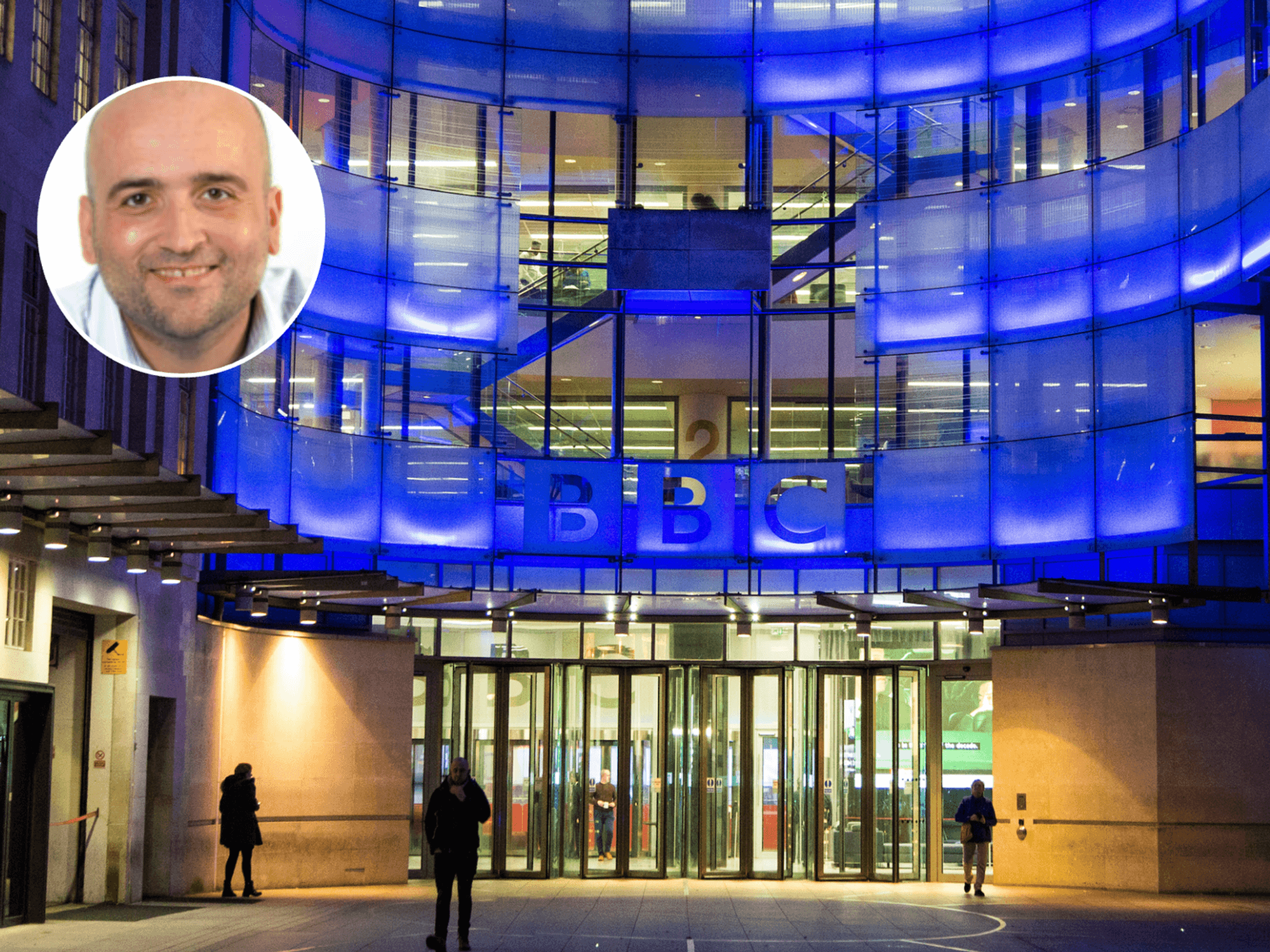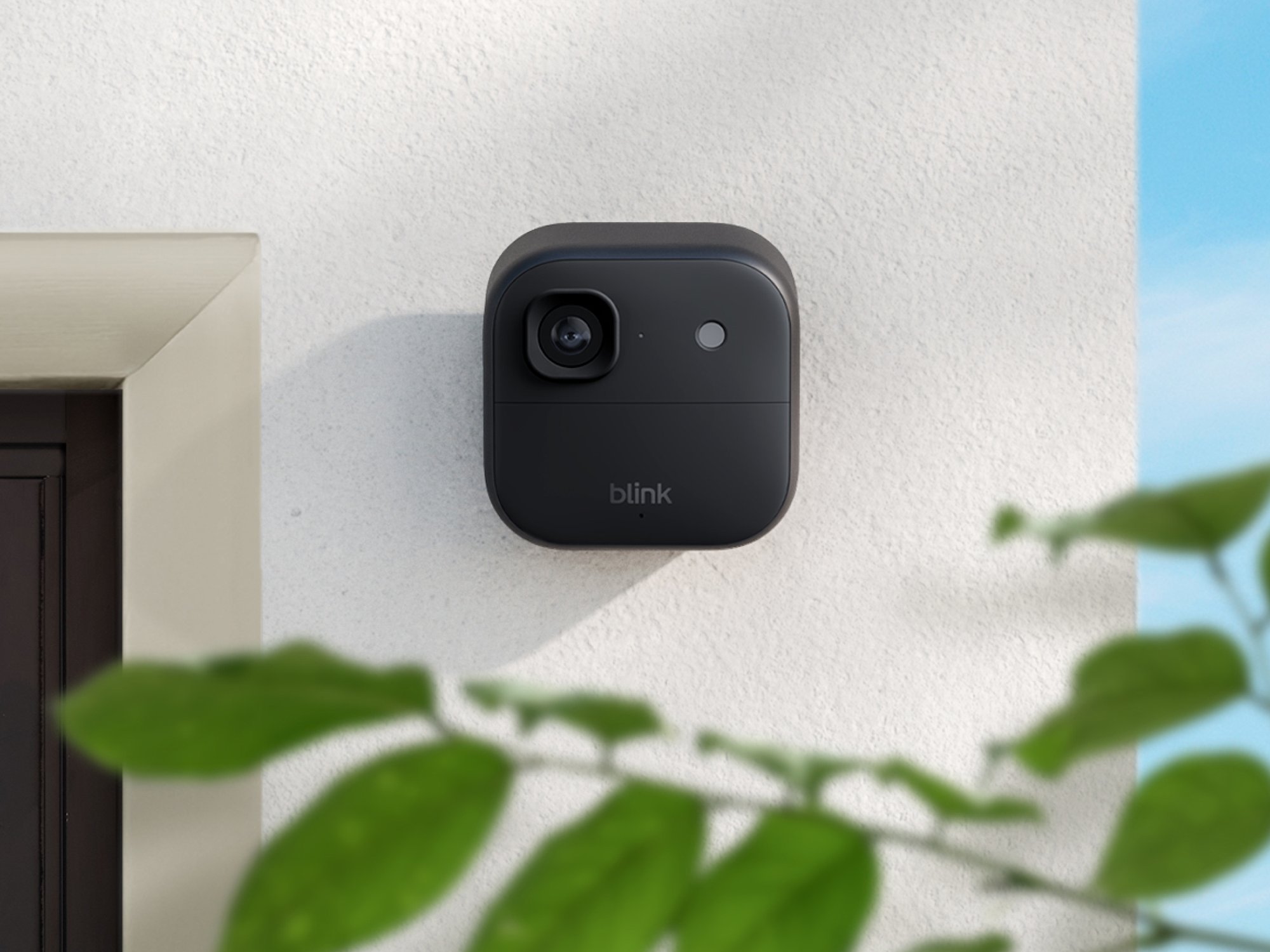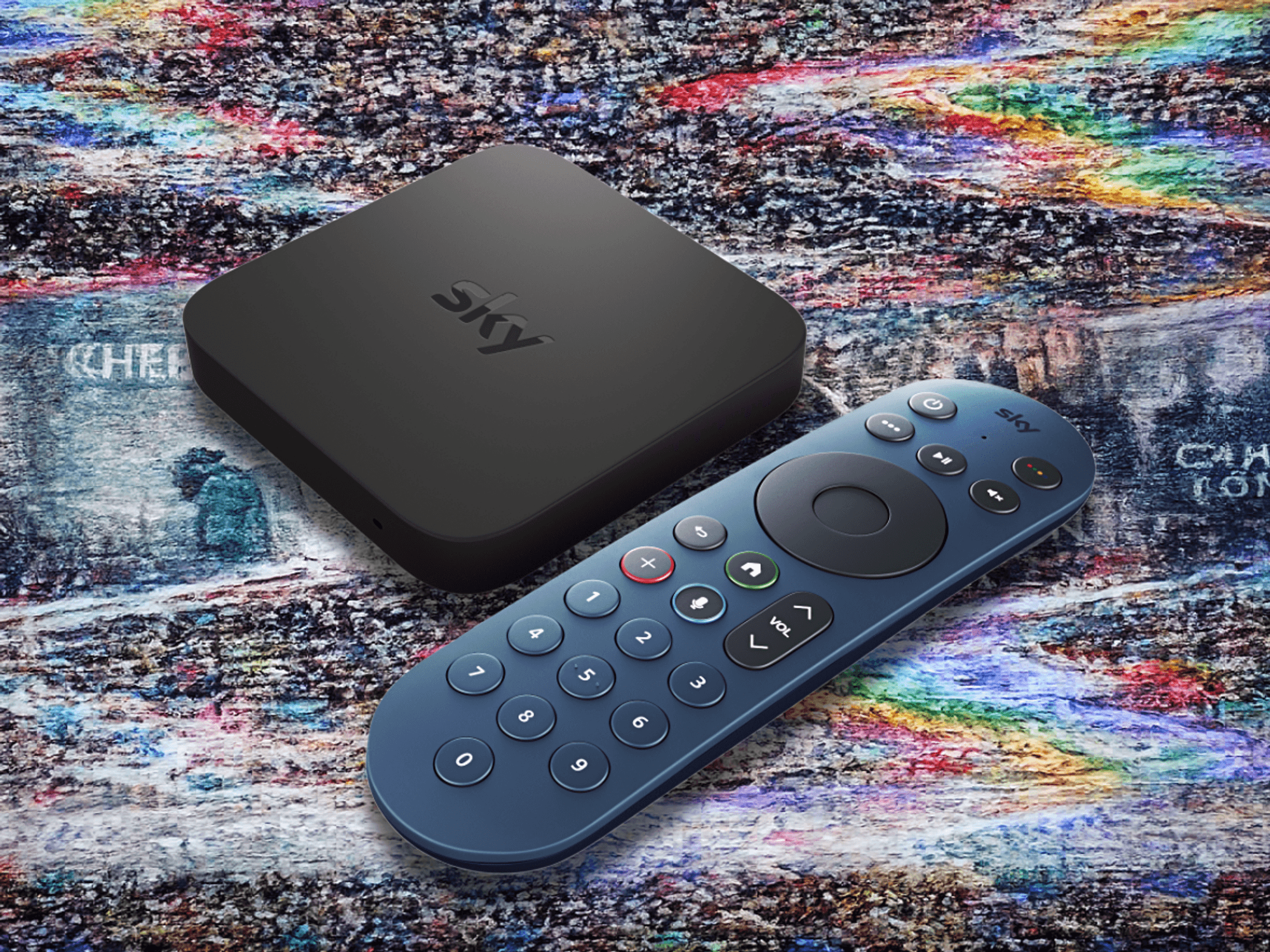This company is taking on Microsoft over its decision to kill Windows 10 next month, giving you a quick fix
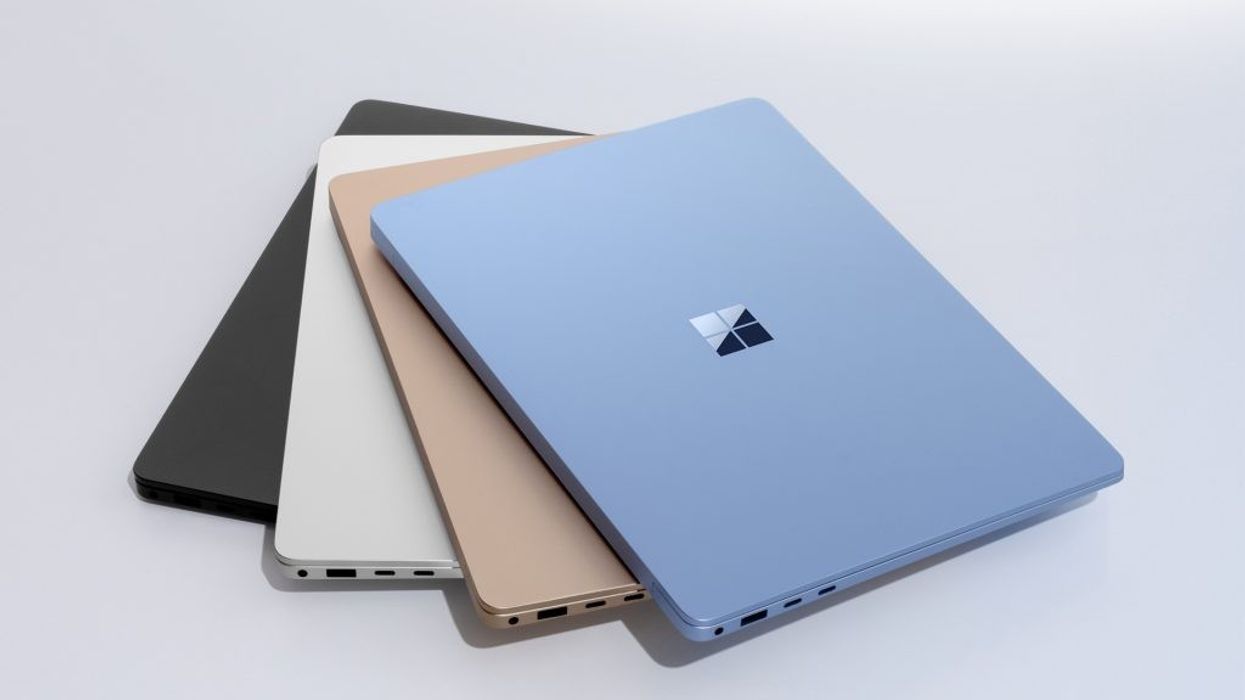
Back Market, the refurbished reseller, is taking a stand against the end of Windows 10 with an affordable alternative
| MICROSOFT PRESS OFFICEThis workaround will let you still use your devices
Don't Miss
Most Read
Latest
Back Market, the popular marketplace for refurbished gadgets, has decided to take a stand against the end of Windows 10.
If you missed the memo, starting from October 14, 2025 onwards, Microsoft will no longer issue free software updates to fix vulnerabilities, bugs, and critical glitches within its desktop operating system. Without these, Microsoft has warned anyone who continues to use Windows 10 will be left "at greater risk for viruses and malware". Once a flaw in the operating system has been uncovered, hackers can continue to exploit the vulnerability in millions of PCs with no fear that Microsoft will issue a fix.
Beyond these troubling security concerns, compatibility issues will mount. Microsoft recently extended support for its own 365 applications, like Word, Excel, and PowerPoint, but these apps had been due to lose support next month too. If you're reliant on a third-party developer to maintain support on a very specific Windows application, you might find resources are moved elsewhere.
If you're still using Windows 10, there are a few things you can do. First up, you can follow Microsoft's advice and make this your "year of Windows 11 PC refresh" and buy a new laptop or desktop PC. Or, you could upgrade to Windows 11 on your existing devices.
@gbnews An important change is coming for Microsoft Windows users. Here's how to protect your security. #technology #microsoft #gbnews
However, that might come with some issues. Since the launch of Windows 11 four years ago, the minimum system requirements have proven to be a source of controversy due to the strict demands that many older computers, perfectly capable of running Windows 10, simply cannot meet.
According to Back Market, which was founded in Paris, almost 400 million working laptops will become obsolete due to a business strategy referred to as "planned obsolescence". That's 160 million more than an earlier estimate about the impact of Windows 10 being put out to pasture.
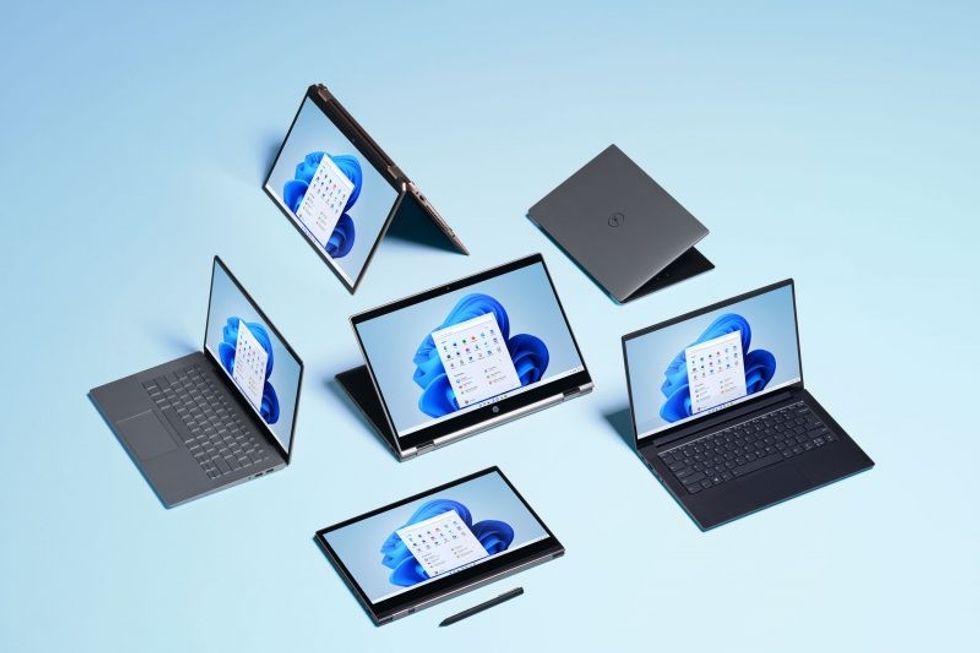 From October 14 onwards, Microsoft will no longer issue new security patches, bug fixes, or new features for Windows 10. | MICROSOFT PRESS
From October 14 onwards, Microsoft will no longer issue new security patches, bug fixes, or new features for Windows 10. | MICROSOFT PRESS"Planned obsolescence" describes when a company deliberately designs, manufactures, or markets its product with a limited useful life, so that it becomes obsolete, non-functional, or less desirable after a certain period of time.
The classic example is a new software update, pushed out to millions of existing devices, making the experience feel slower, pushing people to upgrade to the latest and greatest hardware advertised by the same brand.
The goal is always to encourage consumers to purchase replacements or upgrades more frequently, thereby sustaining ongoing sales and profits for the producer. Back Market believes that Microsoft's decision to retire its decade-old operating system is part of this trend, and will result in hundreds of millions of working computers ending up in the bin.
To combat this, Back Market is offering an up-to-date, secure operating system for only £99.
This allows your computer to stay updated and protected, so it won't go to waste.
You'll have the option to update your computer to two different operating systems:
- ChromeOS Flex, a cloud-first operating system from Google that you can install on Windows PCs and Macs to give them a second life
- Linux, an open-source operating system (OS) kernel that powers a wide variety of operating systems
The company's partners will install it for you, or you have the ability to install it yourself with the help of this handy guide provided by Black Market.

To update to Windows 11, your computer must have a 64-bit processor, at least 4GB of memory (RAM), 64GB of storage, and specific security features like UEFI firmware with Secure Boot and a Trusted Platform Module (TPM) version 2.0
| MICROSOFT PRESS OFFICE | GBNIf you're looking to install Windows 11 instead, which is free to anyone who has a legitimate version of Windows 10 installed on their PC, a computer must have a 64-bit processor, at least 4GB of memory (RAM), 64GB of storage, and specific security features like UEFI firmware with Secure Boot and a Trusted Platform Module (TPM) version 2.0.
For those who don't know, the TPM is a small hardware component designed to enhance security. It stores sensitive information, such as encryption keys and passwords, securely, protecting against malware and unauthorised access.
Secure Boot is another security feature that ensures only trusted software runs when the computer starts, preventing attacks that can compromise the system before the operating system even loads.
Microsoft introduced these requirements to improve security and take advantage of modern hardware capabilities. Of course, if you buy a new desktop PC or laptop from the store with Windows 11 preinstalled, it will have all of the hardware required built-in.
But many computers with enough processing power to comfortably run Windows 10 lack these additional security features, like TPM 2.0. As a result, these PCs do not meet these new standards, despite being fully functional.
This has frustrated users who wish to take advantage of Microsoft’s free upgrade offer but are instead faced with either upgrading their hardware or sticking with Windows 10 after the operating system stops receiving updates later this year. Critics argue that the requirements are overly strict, forcing users to replace otherwise capable computers, leading to unnecessary costs and electronic waste.
LATEST DEVELOPMENTS
- Do NOT buy a new Amazon Echo or Kindle in the next two weeks
- Best VPN deals
- iPhone 17 Pro review
- Microsoft admits millions of Windows PCs will be at 'greater risk for malware'
If your current Windows 10 PC doesn't meet the minimum system requirements to take advantage of a free upgrade to Windows 11, there's another option available. You can subscribe to the Extended Security Updates (ESU) program for Windows 10 to continue to receive critical security patches and bug fixes.
While enterprise users will be charged $61 (£48) for the first year of additional support, rising to an eye-watering $244 (£192) for the third and final year, consumers benefit from a much more affordable deal. Priced at $30 (£24) for an extra year of critical Windows 10 updates, this marks the first time Microsoft has offered ESU to everyday PC owners.
More From GB News





